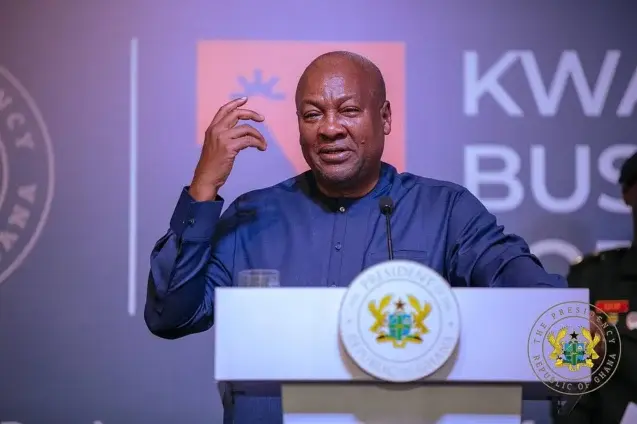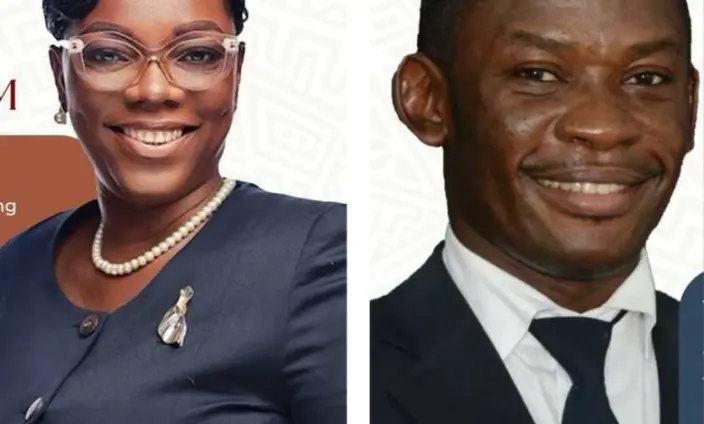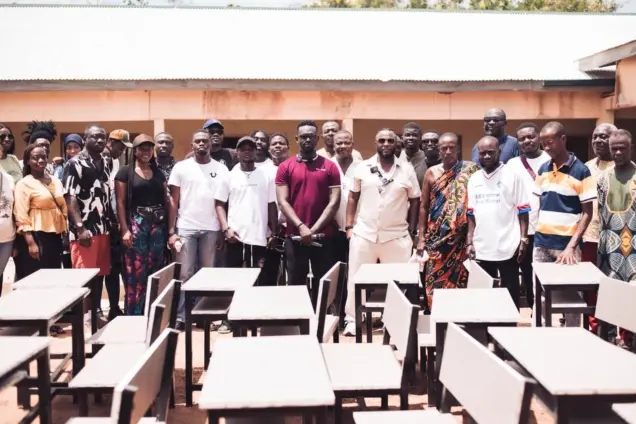The role of the Ghana Supreme Court in shaping the nation’s trajectory is under scrutiny, particularly as it navigates the complexities of the 1992 Constitution. Nana Agyei Baffour Awuah, the MP for Manhyia South, recently shared his views on this crucial subject, emphasizing that while the Constitution may not be perfect, a forward-thinking judiciary is essential for Ghana’s continued progress. Baffour Awuah’s insights, gleaned from his appearance on JoyNews’ AM Show, highlight his perspectives on constitutional interpretation and the need for dynamic judicial approaches, particularly concerning Article 146. This analysis delves into his commentary on the ongoing discourse about constitutional effectiveness and the judiciary’s impact on Ghana’s societal growth, offering a critical perspective on the balance between legal frameworks and national development.
Baffour Awuah believes that a progressive Supreme Court is key to interpreting the constitution in a way that fosters societal advancement. He argues that expecting a perfect constitution from the outset is unrealistic. Instead, he envisions a Ghana Supreme Court providing forward-thinking interpretations that adapt to the evolving needs of the nation.
“There is something we need to appreciate as a people. There is nothing which is perfect from scratch. I wasn’t expecting a perfect constitution, but rather a progressive society and Supreme Court that, when it gets an opportunity to interpret some of these things, they will bring a more progressive perspective to it,” Baffour Awuah stated.
He stresses that accepting the inherent imperfections of the constitution is a foundational step. He believes that the Ghana Supreme Court‘s ability to provide dynamic Constitutional Interpretation is critical for shaping societal advancement and navigating the complexities of Ghana’s legal framework.
A particular point of concern for Baffour Awuah is the Ghana Supreme Court‘s handling of Article 146, which outlines the procedure for the removal of a Chief Justice. He believes the court missed an opportunity for progressive Constitutional Interpretation in this area. He directly attributes the perceived shortcomings to the court itself, rather than the framers of the Constitution.
“On the issue of Article 146 of the Constitution, it is the Supreme Court of the Republic of Ghana that has disappointed us, and not the framers of the Constitution,” he asserted.
Further emphasizing his point, Baffour Awuah referenced concerns raised by former Chief Justice Sophia Akuffo regarding the effectiveness of Article 146. Her reservations underscore the complexities and potential pitfalls within the provision itself.
“I have heard the former Chief Justice, Sophia Akuffo, make comments about how lost that whole provision is,” Baffour Awuah noted, highlighting the shared concerns about the practical application of the article.
To illustrate the importance of Constitutional Interpretation, Baffour Awuah drew a comparison between the Ghanaian and American constitutions. He pointed out that the U.S. Constitution, while less voluminous, derives its enduring strength from its dynamic interpretation over time. He underscores how the ability to adapt a constitution to meet the needs of an ever-evolving population is crucial for ensuring its relevance and promoting societal growth.
“Go to a place like the United States of America—they don’t have a constitution which is as voluminous as ours, but it is supposed to be interpreted to give meaning and growth,” he explained.
He also quotes Justice Sowah, stating, “The constitution is a living organism,” encapsulating the belief that constitutions should be interpreted to meet the needs of an ever-evolving population, thereby ensuring relevance and growth.
Looking ahead, Baffour Awuah calls for more growth-oriented judicial interpretations. He urges the Ghana Supreme Court to critically re-evaluate Article 146 when the opportunity arises, advocating for a more comprehensive interpretation that fosters growth.
“When the opportunity comes, there must be a very comprehensive interpretation that would see growth. But when you look at Article 146 and the way the Supreme Court has approached it, I believe that in the future, when they should have the opportunity, they should take a very critical look at it again,” he urged.
In conclusion, Baffour Awuah‘s perspective underscores the critical role of the Ghana Supreme Court in shaping Ghana’s progress. While acknowledging the imperfections of the 1992 Constitution, he emphasizes the need for dynamic and forward-thinking judicial interpretations. His critique of the Supreme Court‘s handling of Article 146, coupled with comparisons to the U.S. Constitution, highlights the importance of constitutional dynamism. Ultimately, Baffour Awuah‘s perspective calls for a judiciary that actively contributes to Ghana’s growth and societal evolution through comprehensive and progressive interpretations of the law. The future trajectory of Ghana hinges on the ability of its Supreme Court to champion progress.
Image Source: MYJOYONLINE






















